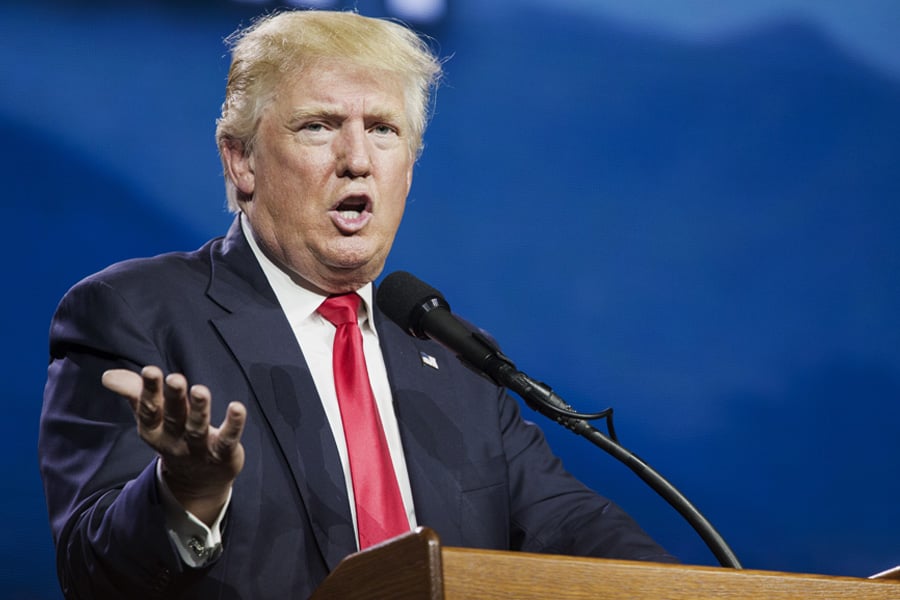By asking these questions, investors can avoid financial advisers who don't put their interests first.
A new move by President Donald Trump may mean higher costs for individual investors and retirement plans, especially 401(k)s offered by small businesses. The good news, though, is that you can protect yourself against his order, which delays and reconsiders the so-called fiduciary rule, if you ask the right questions.
Brokers often get incentives to steer clients into certain financial products, which can charge very high fees. President Barack Obama's White House had estimated that these conflicts of interest were costing American investors $17 billion a year. The Department of Labor's fiduciary rule, scheduled to go into effect in April, would have fought this, requiring financial advisers to put clients interests before their own when providing advice on retirement accounts.
The financial industry balked, predictably, disputing the Obama administration's math and suing to stop the rule. Wall Street argued it would be costly to implement and restrict investor choices by making it less profitable to provide advice to low- and middle-income investors.
Despite the opposition, the threat of the regulation had already started to change the way financial institutions do business. Firms have moved away from their higher-cost products and toward making their fees clearer and easier to explain to clients. Bank of America Corp. and JPMorgan Chase & Co. both announced they'd stop charging commissions on individual retirement accounts. Insurance companies are also changing their product line-up, and their sales of variable annuities, a costly investment product much-criticized by personal finance experts, have been plunging.
By asking these three questions, investors can avoid financial advisers who don't put their interests first.
Are you a fiduciary?
Clients can ask: “Are you a fiduciary?” Many are already, which means they're required by law to watch out for your best interests, much like doctors and lawyers. That won't change based on Mr. Trump's order.
How are you paid?
Investors can also ask detailed questions about how their advisers are being paid. What incentives do they have to steer you into particular products? An adviser may operate differently if they're paid by the hour or by a percentage of the assets they manage, versus if they're paid extra commissions for certain in-house products.
What are my fees?
Finally, investors can keep a close eye on how much they're paying, with the understanding that a fee of 1 or 2% can have a surprisingly large cumulative impact on their financial future if it's charged year after year after year.
Many investors are already asking these questions. That's one reason many investment firms have said they'll stick with these changes no matter what Mr. Trump decides. “We plan to go forward with the majority of the work we've done,” Bill Morrissey, managing director of business development at LPL Financial Holdings Inc., told Bloomberg News. “What investors want is more transparency and lower fees."
If firms and advisers stick to (or return to) the old ways, they'll need to go after investors who won't ask too many questions. A target in the past has been small businesses. Chronically starved of time and rarely experts on investing, their owners can end up paying widely varying amounts for 401(k) plans. An analysis by the research firm BrightScope found fees on small retirement plans can vary from as little as 0.5% a year to more than 3 or 4%.
But even small business owners are getting more options. A number of small start-up firms compete to offer low-cost, basic 401(k) plans. While Mr. Trump's order could stall that momentum, it's unlikely to stop it entirely.
The last remaining target for non-fiduciary advisers, then, are the most unsophisticated investors, people who don't know the first thing about annuity expenses, load fees, or the importance of a mutual fund's expense ratio. Unfortunately, these are often the people least able to afford the extra costs — if Mr. Trump guts the fiduciary rule, it is the least wealthy investors who will feel the consequences.







